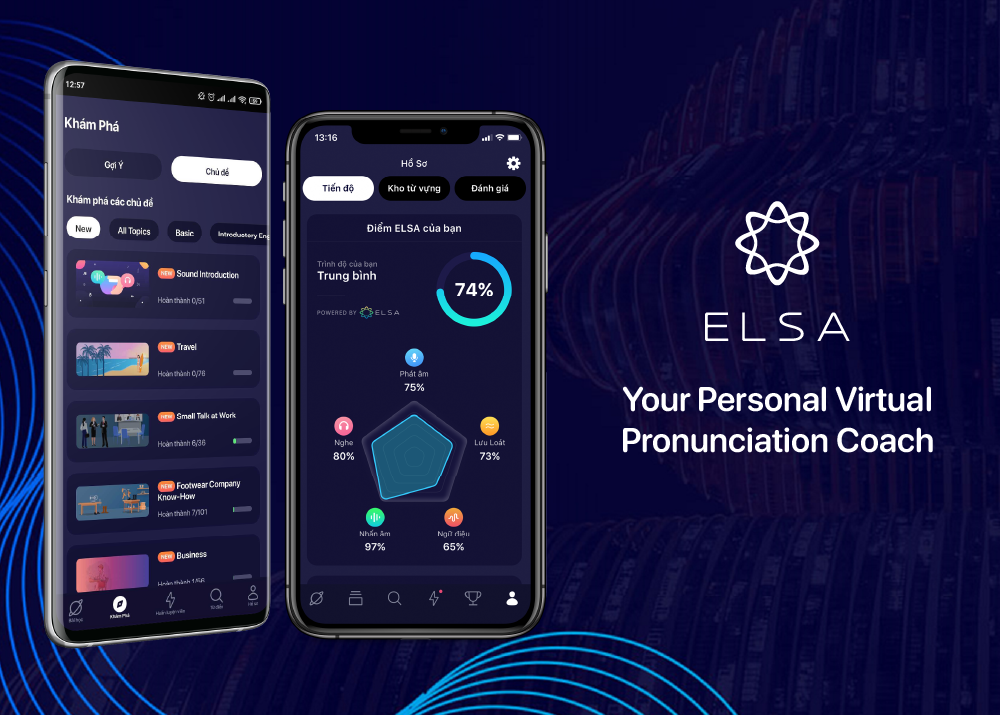


Students explained choices to continue or stop working with ASR during a focus group at the end of the study. Autonomous learning behaviors were monitored through self-reports of behavior during the course with language learning logs and after the course with a delayed post- workshop survey. Changes in beliefs of autonomy were measured through pre- and post-workshop surveys with Likert scale items as well as semi- structured interviews. Three groups, a control group (TRAD, n=15) which received traditional face-to-face (F2F) instruction, an experimental group (STRAT, n=17) which received traditional F2F instructions, but also minimal strategy training in ASR, and a second experimental group (HYBRID, n=16) which received hybrid instruction (half F2F with minimal strategy training and half working with ASR) were given a three-week pronunciation workshop on consonants and vowels of English known to be problematic for ESL students. This study seeks to examine the effect of ASR on students’ autonomous learning beliefs and behaviors. Automatic Speech Recognition (ASR) has great potential as a technology to help students get feedback on their pronunciation, allowing them to be more autonomous pronunciation learners. In effect, students need to learn to become autonomous learners of pronunciation. Students need skills, strategies, and resources that will allow them to work on their pronunciation on their own, less reliant on a teacher or school for pronunciation training. Students that want to practice outside of class are likely to feel at a loss because they struggle to monitor their own speech and may not be able to get the feedback necessary to make improvements to their pronunciation. Indeed, it can motivate the students to engage in learning to pronounce.ĭespite ESL students frequently reporting a need or desire to work on their pronunciation in English, pronunciation is often downgraded as a teaching goal and often pushed aside in favor of other skills (Kelly, 1969 Lang, Wang, Shen, & Wang, 2012). In conclusion, ELSA Speak can improve the students‟ pronunciation skills well and effectively. Also, the available features offered by this app like instant feedback enabled the students to pronounce precisely. Clearly, ELSA Speak helped the students pronounce diverse words more easily and comprehensively. It can be seen from the average scores obtained from the teaching cycles from two to four in grade. The results showed that ELSA Speak can increase the students‟ pronunciation skills. The researcher also taught in the classroom. The data were collected using a test of pronunciation and interview. This study aimed to carry out English Language Speech Assistant (ELSA) Speak App to improve English language pronunciation skills to higher education learners that were the English Department Students of Nahdlatul Ulama University of Yogyakarta (UNU). It studied how students heard, voiced, uttered, vocalized, and asserted the English words in the oral language, but the students often pronounced incorrect words with the result that the uttered words had faulty meaning. Again, it had beneficial roles for supplementing language teaching like ELSA Speak App one of Automatic Speech Recognition (ASR) used for teaching pronunciation. Nowadays, artificial intelligence (AI) became a special concern in language teaching for the reason that it can assist and enhance language learning for all levels of education.


 0 kommentar(er)
0 kommentar(er)
